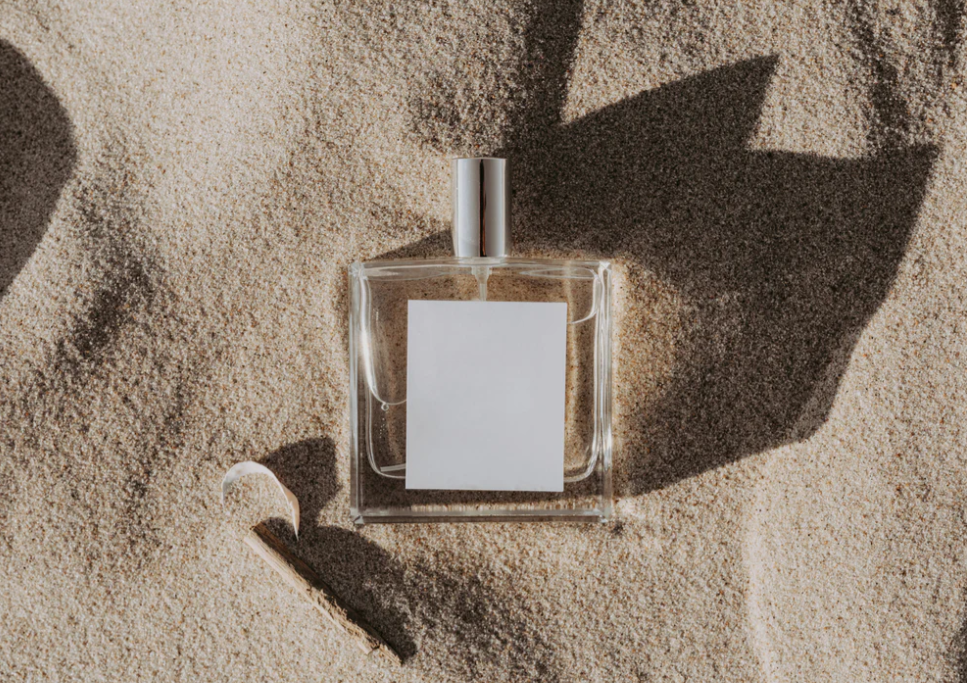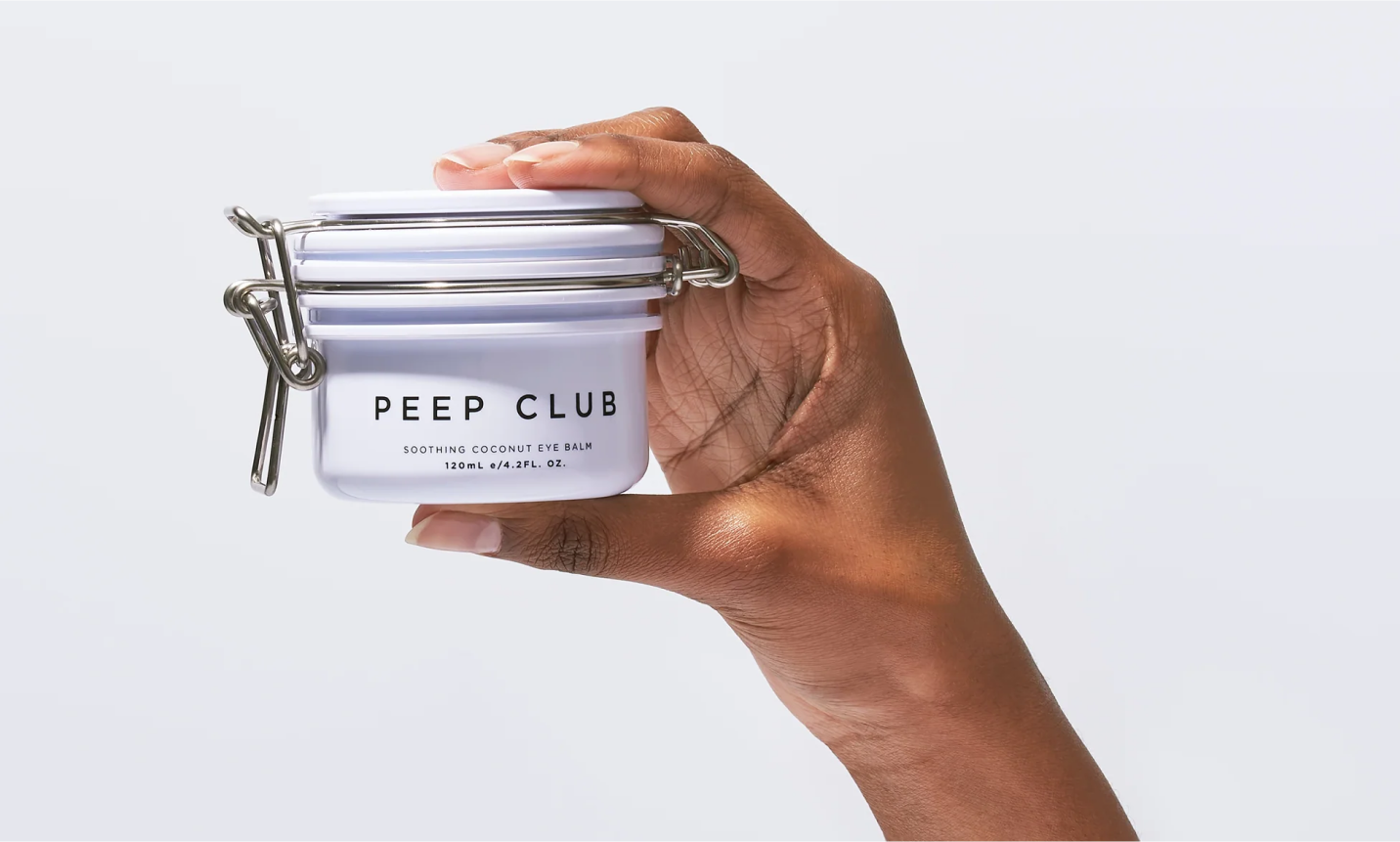
Why is fragrance bad for your eyes?
Why We Formulate Without Fragrance: Protecting Sensitive Eyes
At Peep Club, one of our core principles is formulating without known eye irritants - and fragrance (also listed as “parfum”) is one of the most common offenders. Fragrance is a top trigger for skin sensitivity and eye irritation, especially when applied around the delicate eye area.
Despite this, fragrance is everywhere - in eye creams, makeup removers, mascaras, and even skincare wipes. Many major cosmetic brands, including L’Oréal, Lancôme, and Estée Lauder, use a signature scent across their entire product lines, even in products designed for use near the eyes.
How Fragrance Affects Your Eyes
If you have a healthy tear film, you may not notice any issues - yet. But for those with sensitive or dry eyes, fragranced products can lead to:
- Redness
- Itching
- Watering
- Inflammation over time
Even if you don’t feel immediate irritation, studies suggest the cumulative use of fragranced products may cause long-term skin and eye inflammation. That’s why we always recommend choosing fragrance-free alternatives to protect the longevity of both your skin and ocular health.
What Counts as Fragrance in Skincare?
There are three common types of fragrance in cosmetics:
- Added scent blends - Natural or synthetic oils used solely for fragrance (most likely to irritate)
- Fragrant essential oils - Included for skin benefits but carry a natural scent (may still irritate)
- Naturally fragrant but non-irritating ingredients - Like Coconut Oil, Cucumber, Cocoa Butter, and Shea Butter, which we use in products like our Soothing Coconut Eye Balm and Eye Rescue Lidstick
What Does “Fragrance-Free” Really Mean?
"Fragrance-free" means no ingredients were added to intentionally scent the product. However, a product may still contain naturally aromatic ingredients that aren’t listed as “fragrance,” but could still cause irritation - especially for sensitive eyes.
To spot potentially irritating fragrance compounds on an INCI (ingredient list), watch for:
- Linalool
- Limonene
- Citronellol
- Geraniol
- Eugenol
- Rose Extract (Rosa damascena)
These ingredients may not be flagged as "fragrance," but they can still trigger sensitivity.
The Bottom Line: Go Fragrance-Free for Eye Safety
For those with dry eyes, sensitive skin, or long-term eye health concerns, fragrance-free skincare and makeup is the safest choice. At Peep Club, we believe in transparency, clean formulation, and protecting your most delicate features - starting with your eyes.

